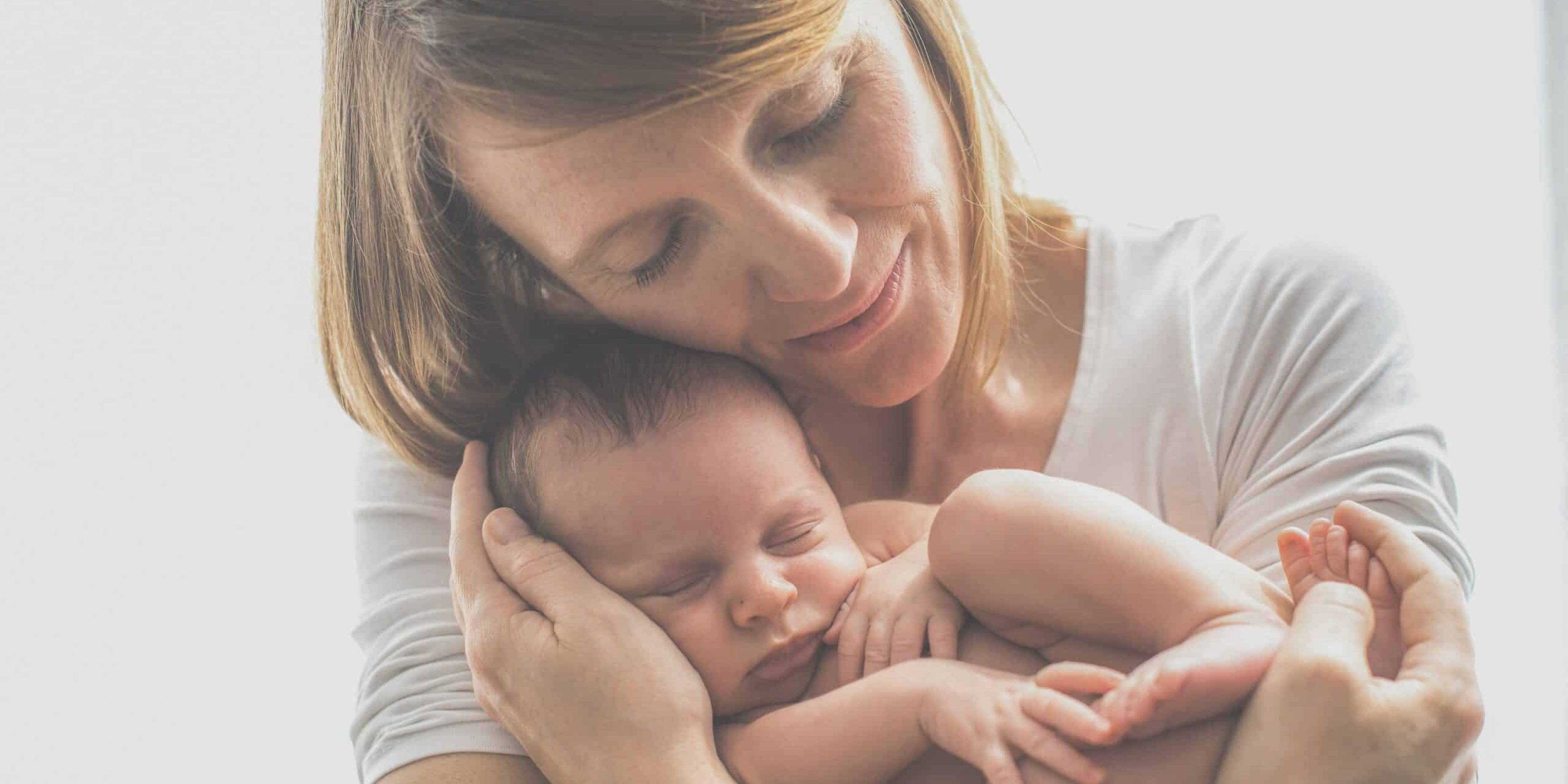January 13, 2021
Safety Nets
By Dr Kathy Weston

Reflect
Just before Christmas, I was in touch with a wonderful family support worker, in a primary school within an area of disadvantage. She had asked for donations from the local community, so that she could set up a free ‘shop’, where parents could come and choose Christmas gifts for their children.
One family had recently arrived from Afghanistan, having escaped religious persecution. They had been housed by the Home Office and given some coupons to get basic provisions. They had arrived with absolutely nothing to their name, yet had resisted all offers of gifts or any financial donation. They told the family support worker that their safety was the greatest gift they could ever have received. I felt humbled by their gratitude and renewed appreciation for what millions of us take for granted: feeling safe.
One of the first things that struck me when I started to work alongside teachers is that they always put children’s safety first. They are the first to emphasise that if children don’t feel safe, it can be harder for them to learn.
Children need to feel physically, and also emotionally, safe; able to share how they are feeling when they are struggling and to accept help when it is offered. School provides a safe place for many children, particularly when the atmosphere at home is tense.
Motivate
Some months prior to our current lockdown, I had the miraculous luck of getting a hairdressing appointment. I have to admit, I was full of excitement at the prospect of being pampered for the first time in ages, even if I had to be masked and temperature checked on entry!
Ok, I wasn’t allowed to read mags and had to take my own coffee, but it felt like the green shoots of a normal life were resuming (ha!). However, as soon as I sat down in the salon chair, I became acutely aware of the tension between the hairdresser and his colleague. I felt my body react to the stressful dynamic, and could immediately feel that I was in a triangle; physically situated between two people who clearly had ‘issues’ with one another, and who were trying to keep their mutual resentment under wraps.
Suddenly, all my interest in self-care was displaced into injecting calm into the situation. My own energy depleted and was absorbed into their conflict. As whispered as the disparaging exchanges were, they were impossible to ignore. I began to smile, placate and interject with small requests to distract them. They moved to a side room to continue their argument, which occupied all of my auditory attention. I felt tense, worrying about what would happen next.
I sat and reflected on how children might feel when locked between two rowing parents, or two parents who simply don’t like each other, but pretend that they do. I have always known, as the research clearly tells us, that parental conflict is the biggest negative determinant for children’s outcomes. As an adult, being a witness to tension and stress in personal relations is impactful. Imagine being a child experiencing this on a daily basis; their own needs feeling secondary, their entire mind and body consumed with coping.
Support
Schools and school staff have always known that the quality of interpersonal relationships between colleagues, and the quality of relationship between teachers and pupils, is critical to the mental health of pupils and their ability to thrive academically.
As parents, we always need to be acutely aware of the importance of the quality of relationships at home. In the midst of this indefinite period of lockdown, we should pay particular attention to how we get along. Tensions are understandably running high at the moment (we can all articulate the reasons for this), but now that our children are at home and expected to focus, learn and thrive, we need to commit the same energy and attention to our domestic learning communities, as teachers do to those at school.
If you know a teacher, you will know that they are highly organised individuals, always put children’s needs first and demonstrate a high degree of respect and support for their colleagues. Now that we are managing micro-learning environments, let’s ensure that we do the basics to benefit our children. By focusing on our children’s emotional security, we can ensure that they are ready for learning. Whilst chaos ensues in the wider world, let’s do everything we can to make sure that our children experience as much domestic calm as possible.
If you feel that your family needs support to manage conflict, there are plenty of charities and groups that can help. Relate has centres offering counselling all over the country and London based Tavistock Relationships offers online appointments. For some bedtime reading, I recommend Non-violent Communication by Dr Marshall Rosenberg (also available as an audiobook), In cases of abuse, you can always contact the National Domestic Abuse helpline, open 24 hours a day, on 0808 2000 247.
Are you a Tooled Up member?
For parents in Tooled Up schools who are considering how best to deal with the latest lockdown, we have a whole swathe of resources in our library, designed to help the whole family cope with the pandemic and the many challenges that it has thrown our way.
To find them, simply search for the Parenting in Lockdown category in the advanced search function, or click here. I definitely advise you to check out my most recent tip sheet on Parenting in the Pandemic, for lots of handy advice, along with pointers to other resources that can help to nudge your whole family into a positive and resilient mindset.